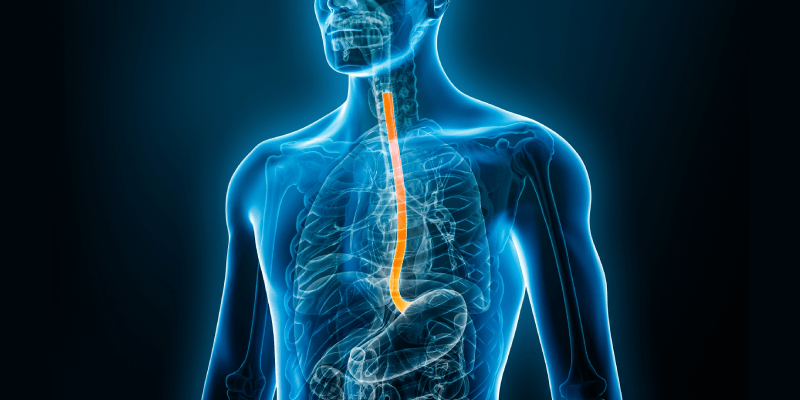
While phase I trials can provide access to new therapies and treatments, the benefits of these trials in patients with unresectable upper gastrointestinal (UGI) cancers remain unclear due to limited treatment options and poor prognosis of the disease.
A recent analysis has utilized data from the Sarah Cannon Research Institute UK Drug Development Unit to determine the efficacy and survival outcomes of patients with advanced refractory UGI cancers involved in phase I studies.
A total of 124 patients with UGI cancers were included in 37 phase I trials and received at least one dose of a study drug from 2011 to 2023. Outcomes assessed included objective response rate (ORR), clinical benefit rate (CBR), disease control rate (DCR), duration of response, progression-free survival (PFS), and overall survival (OS).
Analyses were conducted across the entire cohort and stratified by trial agent class, molecularly matched therapy assignment, and receipt of the recommended phase II dose (RP2D). Patients enrolled in multiple trials were evaluated independently for each study.
Most patients (73%) had liver or peritoneal metastases, which were treated with a median of two prior lines of therapy. Of these patients, 60% underwent immunotherapy, 30% received small-molecule drugs, and 10% received antibody-drug conjugates.
A total of 22% of patients underwent molecularly matched therapy, while 86% received treatment at RP2D. The ORR was 15%, CBR 40%, DCR 86%, and median OS was 9.7 months in response-evaluable patients. Patients treated with RP2D had higher CBR (odds ratio 4.75, P=0.04) and prolonged PFS (P=0.04). Depth of response and treatment at RP2D served as independent prognostic factors.
Patients with refractory UGI cancers who participated in phase I trials saw benefits in late-line settings, along with potential early access to new therapies.







 © 2025 Mashup Media, LLC, a Formedics Property. All Rights Reserved.
© 2025 Mashup Media, LLC, a Formedics Property. All Rights Reserved.